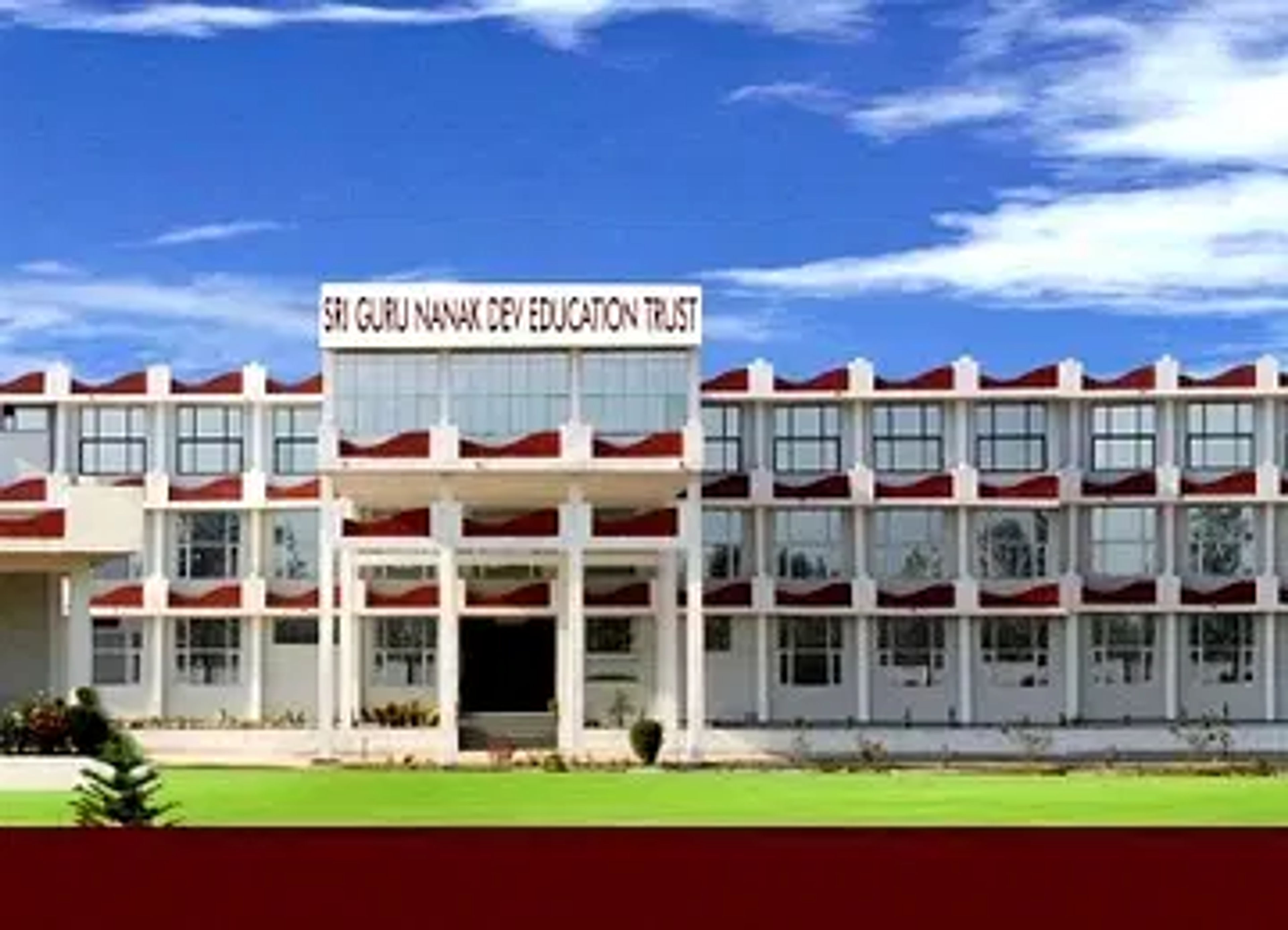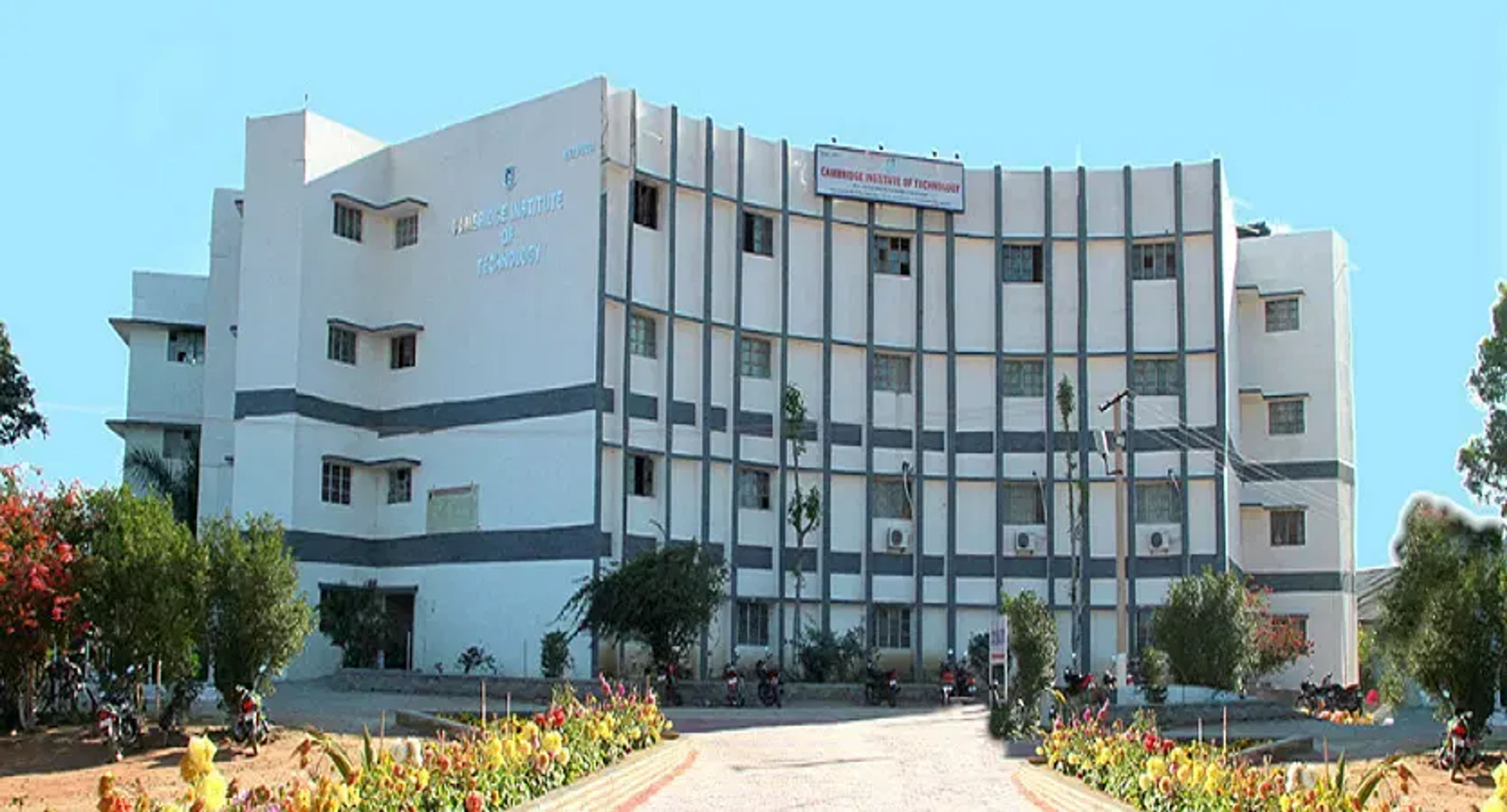Diploma in Mechanical Engineering: Course, Colleges, Jobs, Salary, Admission, Syllabus
Diploma in Mechanical Engineering
Overview
Mechanical engineering is everywhere: in cars, machines, kitchen appliances, and even in your ceiling fans. And guess what? You do not have to wait for 4 years to master it, because Diploma in Mechanical Engineering has got you covered. A Diploma in Mechanical Engineering is a faster and more practical route, starting after your 10th class.
Thermodynamics, CAD, machine design, workshops, and labs are included in this so you do not get overloaded with theories. The Diploma in Mechanical Engineering is the right choice if you are interested in machines and do not want to waste your time.
What is Diploma in Mechanical Engineering?
Diploma in Mechanical Engineering is a technical and practical degree that spans 3 years. Students can opt for it right after class 10th. The course is designed to build strong basics in mechanical systems. You learn how machines, engines, and tools work. And how to fix or improve them. You also learn in labs and workshops through working with real tools and real parts. That is what makes Diploma in Mechanical Engineering different.
- The duration of Diploma in Mechanical Engineering is 3 years and can be pursued after Class 10th.
- Admission is based on merit and entrance exams like JEECUP, JEXPO, and Odisha DET.
- Suited for those interested in machines, mechanics, and robotics.
- Top recruiters are NTPC, Bajaj, Ford, Honda, BHEL, L&T, and Ashok Leyland.
- Common job roles are Mechanical Engineer, Technician, Sales Engineer, and Manufacturing Manager.
- Average salary ranges from ₹20,000 to ₹5,00,000 per annum.
- Jamia Millia University, Bharati Vidyapeeth Deemed University, and CV Raman Global University offer Diploma in Mechanical Engineering.
- The average course fees range from ₹ 10,000 to ₹ 2 lakh.
You study subjects like:
- Engineering Mechanics
- Thermodynamics
- Fluid Mechanics
- Manufacturing Processes
- CAD from the core
Mechanical diploma students are hired in fields like:
- Automobiles
- Aerospace
- Production
- Energy
- Infrastructure
Diploma in Mechanical Engineering builds your basics, and after the completion, you become eligible to pursue a B.Tech in the second year through lateral entry provisions.
Why Choose a Diploma in Mechanical Engineering?
Here we have listed some benefits you will get after choosing Diploma in Mechanical Engineering.
- Practical Learning: Hands-on training with labs, workshops and machines so you do not just learn but you learn by doing.
- Early Start After Class 10: No need to wait for 12th because you can start your engineering journey right after school.
- Job-Ready Skills: Industry-relevant knowledge, CAD tools, production tech, machine design are the wanted skills by companies.
- Quick Career Entry: Finish in 3 years you can land a job earlier than a degree-holder.
- Affordable and Accessible: It has lower fees than B.Tech.
- Scope for Growth: You can get lateral entry to B.Tech. Certifications and specialisations give you a boost.
Diploma in Mechanical Engineering
Specialisations
Students can choose among many specializations in niche areas during the final year or through optional modules while studying Diploma in Mechanical Engineering.
- Automobile Engineering
- Production Engineering
- Robotics and Automation
- HVAC and MEP
- Tool and Die Engineering
Mechanical Engineering
Diploma in Mechanical Engineering
Entrance Exams
This table provides the entrance exam details for Diploma in Mechanical Engineering.
Exam | Full Form | State | Eligibility |
JEXPO | Joint Entrance Examination for Polytechnic | West Bengal | Minimum 35% marks |
JEECUP | Joint Entrance Examination Council, Uttar Pradesh | Uttar Pradesh | Minimum 35% marks and Maths as a subject |
PECE | Polytechnic Entrance Competitive Examination | Jharkhand | Minimum 35% marks |
PJET | Punjab Joint Entrance Test | Punjab | 35% marks |
MP PPT | Madhya Pradesh Pre-Polytechnic Test | Madhya Pradesh | Passed Class 10 with Science and Mathematics |
Odisha DET | Odisha Diploma Entrance Test | Odisha | Passed Class 10 with 35% or more |
HSTES DET | Haryana Diploma Entrance Test (via Haryana DET) | Haryana | Minimum 35% marks |

Odisha Joint Entrance Examination
Exam Scope:
Under Graduate•Exam Date:
Apr 24, 2025Diploma in Mechanical Engineering
Key Subjects of Diploma in Mechanical Engineering
Diploma in Mechanical Engineering spans 6 semesters. It covers fundamental sciences, core engineering, and specialized topics. The overall syllabus provides a comprehensive academic depth with practical knowledge. Let us dive deeper into the subjects and topics of Diploma in Mechanical Engineering:
Subject | Key Topics Covered |
Engineering Mathematics | • Matrices • Determinants • Calculus • Differential equations |
Applied Physics and Chemistry | • Atomic structure • Mechanics • Basic chemical principles • Physical laws |
Engineering Mechanics | • Forces and moments • Equilibrium • Stress and strain • Systems of particles |
Thermodynamics and Thermal Engineering | • Laws of thermodynamics • Heat transfer • Power plants • Boilers and engines |
Fluid Mechanics and Hydraulics | • Fluid properties • Fluid statics and dynamics • Flow measurement • Pumps and turbines |
Strength of Materials | • Stress-strain relationships • Material properties • Shear force • Bending moment • Structural analysis |
Manufacturing Processes | • Welding • Casting • Machining • Production methodologies |
Machine Design | • Design principles • Component analysis • Mechanical synthesis |
Engineering Drawing/Graphics | • Orthographic projections • Isometric views |
Material Science/Engineering Metallurgy | • Properties of metals and alloys • Material testing • Material selection |
Electrical and Electronics Engineering | • Basic circuits • Electrical machines • Digital electronics |
Automobile Engineering | • Vehicle mechanics • Automotive components • Vehicle systems • Maintenance |
Curriculum Overview of Diploma in Mechanical Engineering
This table encapsulates the curriculum overview of Diploma in Mechanical Engineering.
Year | Core Subjects |
1st Year | • Engineering Mathematics • Engineering Physics • Engineering Drawing • Workshop Practice • Basics of Electrical and Electronics Engineering |
2nd Year | • Thermodynamics • Strength of Materials • Manufacturing Technology • Fluid Mechanics • Material Science • Mechanical Measurements |
3rd Year | • Machine Design • CAD (Computer-Aided Design) • Industrial Engineering • Refrigeration and Air Conditioning • Project Work • Internship / In-Plant Training |
Top Colleges
Diploma in Mechanical Engineering
Eligibility
Diploma in Mechanical Engineering requires you to pass certain eligibility bars and sometimes you also have to go through entrance exams for states to be eligible. Let us look at the eligibility criteria for Diploma in Mechanical Engineering program.
- Passed Class 10 with a minimum of 55% with Math and English as compulsory subjects.
- Some states accept 35% minimum marks for eligibility.
- ITI/Vocational course graduates may get direct entry into the 2nd year (lateral entry).
- Admission usually requires passing a state-level entrance exam.
Diploma in Mechanical Engineering
Fees
Here we have listed some top colleges that offer Diploma in Mechanical Engineering along with their tuition fees.
College Name | Location | Approx. Fees (₹) |
Veermata Jijabai Technological Institute (VJTI) | Mumbai | ₹12,700 |
Jamia Millia Islamia University (JMI) | New Delhi | ₹8,970 |
Government Polytechnic | Mumbai | ₹7,750 |
S.J. Government Polytechnic | Bangalore | ₹4,270 |
Narula Institute of Technology (NIT Agarpara) | Kolkata | ₹99,000 |
PES Polytechnic (PES PT) | Bangalore | ₹50,000 |
Ramakrishna Mission Shilpamandira | Kolkata | ₹28,000 |
G. B. Pant Institute of Technology (GBPIT) | New Delhi | ₹8,000 |
Hindustan Institute of Engineering Technology (HIET) | Chennai | ₹35,600 |
Thakur Polytechnic | Mumbai | ₹85,000 |
Diploma in Mechanical Engineering
Career Scope After Diploma in Mechanical Engineering
Career scopes after Diploma in Mechanical Engineering are various, including technical and managerial roles in industries like manufacturing, automotive, energy, and education. Here we have given some popular job roles after Diploma in Mechanical Engineering with their average salaries.
Job Role | Average Annual Salary (₹) |
Mechanical Consultant | ₹7 LPA |
Manufacturing Manager | ₹7 LPA |
Mechanical Engineer | ₹6 LPA |
Engineer | ₹3 LPA |
Teachership / Consultant | ₹4 LPA |
Higher Education After Diploma in Mechanical Engineering
Once you have completed your Diploma in Mechanical Engineering, you can also opt for higher studies and several other upskilling options. This section tells you about higher education options after Diploma in Mechanical Engineering.
Lateral Entry (LEET Route):
- Diploma holders can directly join 2nd year of B.Tech or B.E. program in Mechanical Engineering or allied branches through Lateral Entry Entrance Tests (LEET).
- This offers a smooth academic progression into a full-fledged engineering degree.
Certification Courses
These short-term industry-relevant certifications can sharpen your technical skills or switch specializations.
- CAD, CAM, CNC Programming: Enhances knowledge in automated design and precision manufacturing. It is highly valued in modern production units.
- HVAC and MEP Design: Ideal for planning career in building services, construction, smart infrastructure projects.
- AutoCAD, SolidWorks, ANSYS: Software in mechanical and civil domains.

Not sure what you are looking for? Connect with our counsellors.
Login helps you find curated results for your requirement.







![Cambridge Institute of Polytechnic - [CIP] ,Ranchi ,Jharkhand Cambridge Institute of Polytechnic - [CIP] ,Ranchi ,Jharkhand](https://ik.imagekit.io/syustaging/SYU_PREPROD/Cambridge-Institute-of-Polytechnic---_CIP_-_Ranchi-_Jharkhand_feYudMeTI.webp?tr=w-3840)


